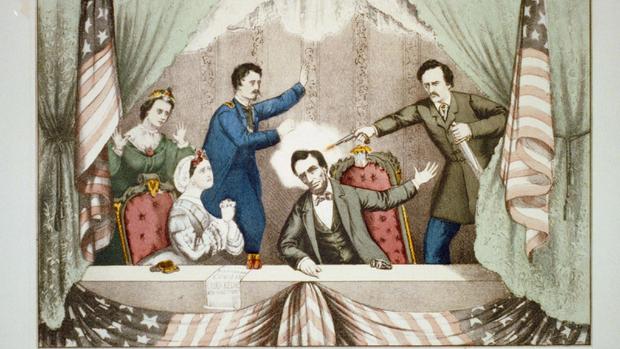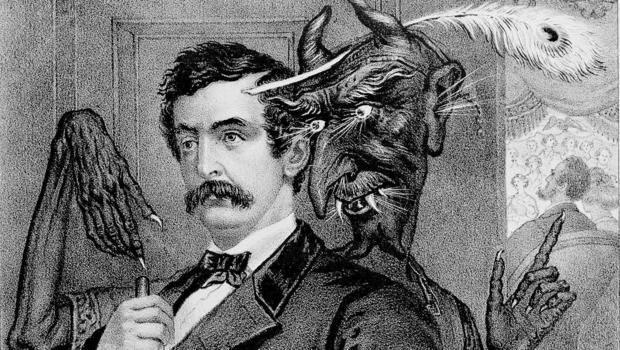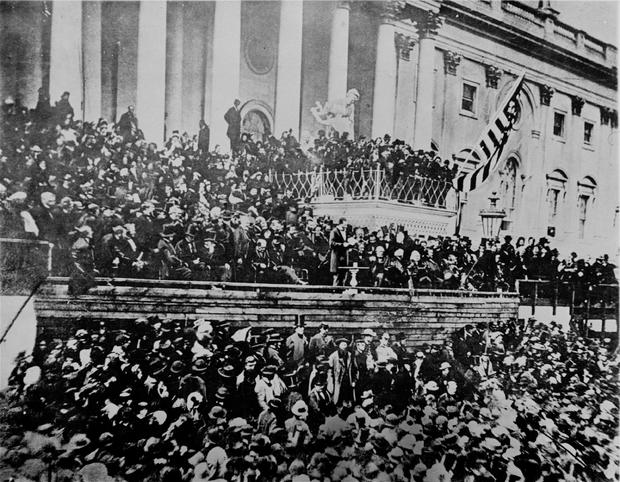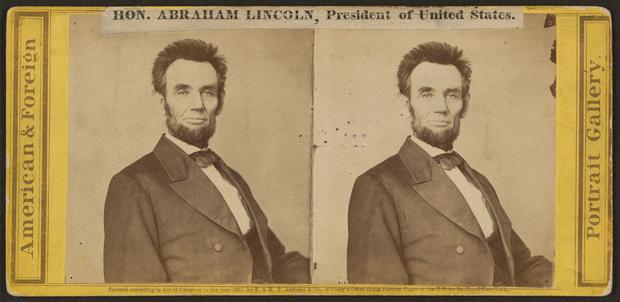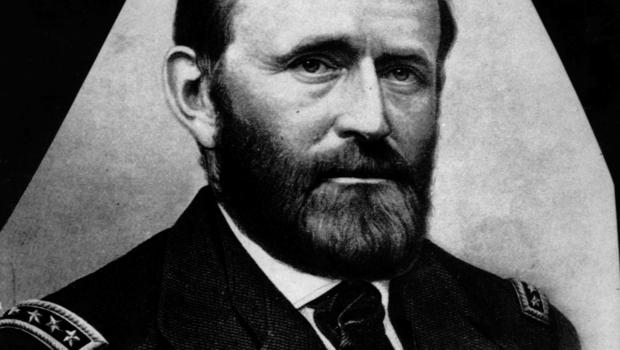5 facts you may not know about Lincoln's assassination
From the moment Abraham Lincoln was elected president of the United States on November 6, 1860, he was no stranger to death threats. In fact, he compiled a vast array of menacing letters in a White House desk folder - labeled "A" for assassination.
Despite pervasive anti-Lincoln sentiment in the South, the president never feared for his life. Yet he did have a deep foreboding about his demise, according to historian Harold Holzer, one of the country's leading authorities on Lincoln.
"He didn't believe assassination was in the American spirit," Holzer said. "He was also fatalistic and said, 'If someone wants to get at me, there is nothing I can do to prevent it.'"
There was certainly nothing Lincoln could do on the evening of April 14, 1865 when John Wilkes Booth entered the presidential box at Ford's Theatre. The stage actor fatally shot Lincoln in the back of the head, triggering a manhunt for the murderer and his conspirators and a long period of national mourning.
While the major events surrounding Lincoln's death are well chronicled, some fascinating details are less known. Read on to learn five surprising anecdotes about the 16th president of the United States and his assassin.
1. Lincoln once saw John Wilkes Booth in a play
Lincoln not only saw John Wilkes Booth perform in a play but he saw him at Ford's Theatre, which would become "the scene of Booth's final act," says Harold Holzer, author of the new book, "President Lincoln Assassinated!"
Just a few days before delivering the Gettysburg Address in 1863, Lincoln went to the theater to see a play called "The Marble Heart" - a translated French production in which Booth played the villain.
During the play, according to Holzer, Booth would direct many of his villainous speeches directly toward the presidential box, prompting a theater companion to tell Lincoln: "He almost seems to be reciting these lines to you."
Lincoln is said to have replied: "He does talk very sharp at me, doesn't he?"
2. Booth may have come close to killing Lincoln six weeks earlier
Six weeks before he successfully killed Lincoln, John Wilkes Booth displayed how easy it was to get to the president.
On Inauguration Day, March 5, 1865, Booth positioned himself behind stanchions in the Capitol Rotunda. He lay in wait as Lincoln came out of the Senate chamber to head out to the portico to deliver his second inaugural address.
Booth lunged beyond the stanchions with a crazed look in his eyes, according to the person who stopped him. Holzer says that was a moment when Booth may have shot Lincoln at close range. While he didn't pull the trigger, he didn't leave the venue. Photographs of the inauguration show Booth lurking in an upper balcony watching Lincoln give one of his most renowned speeches.
"Murder was on his mind for quite a few weeks," Holzer said.
3. Booth vowed Lincoln's speech on April 11, 1865 would be his last
On April 11, 1865, the president delivered a speech on Reconstruction from a White House window. In the speech, Lincoln declared that the time had come to give voting rights to African-Americans, becoming the first president in American history to make such a proposition.
On the White House lawn listening to the speech was Booth and one of his co-conspirators. According to one witness, Holzer says, Booth bristled at Lincoln's words, declaring that the president's message "means negro equality."
He then turned to his comrade and said: "That's the last speech he'll ever make."
Booth made good on his word just three nights later.
4. Booth also wanted to kill Ulysses S. Grant on April 14, 1865
The advertisements for "Our American Cousin" at Ford's Theater on Good Friday in 1865 promised that President Lincoln and the First Lady would be accompanied by General Ulysses S. Grant and his wife. The announcement was welcome news to Booth.
"Booth believed he could kill both of them," Holzer says. "His plan was to dismember the Union government."
But Booth's grandiose plans were foiled by tension between the spouses of the Civil War hero and commander in chief. Gen. Grant's wife, Julia, despised Mary Todd Lincoln and dreaded the prospect of spending the evening with the first lady. Accordingly, the Grants declined the invitation, saying they had planned to visit their children in New Jersey.
Had Julia Grant and Mary Lincoln been on better terms, the tragedy at Ford's Theater likely would have unfolded very differently. Grant would have either become one of Booth's victims or he would have stopped the assassination, Holzer said. Grant was confident that the latter would have happened.
"It was something he regretted for the rest of his life," Holzer said.
5. Most of the blood relics from Ford's Theatre are not Lincoln's
Much blood was shed at Ford's Theatre on the night of April 14, 1865, but according to Holzer, very little of it belonged to Abraham Lincoln.
Lincoln had a compressed wound in his head and doctors had to stick their fingers in the wound so that he could breathe again. The wound was certainly fatal, doctors said, but there was very little blood. According to Holzer, much of what little blood Lincoln did shed ended up on the dress of Laura Keene, the actress who rushed up from the stage and was said to have cradled the president's head on her lap before doctors arrived.
The man closest to Lincoln when he was mortally wounded, Major Henry Rathbone, would also be attacked by Booth. Rathbone, a military officer who was accompanying the daughter of a senator at the theater, tried to stop the assassin from escaping the presidential box. Instead, Booth slashed Rathbone in the arm with a Bowie knife, opening an artery.
"Rathbone bled all over the place," Holzer said. "It was spurting and nobody was paying attention to him because the president was lying on the floor of the box."
